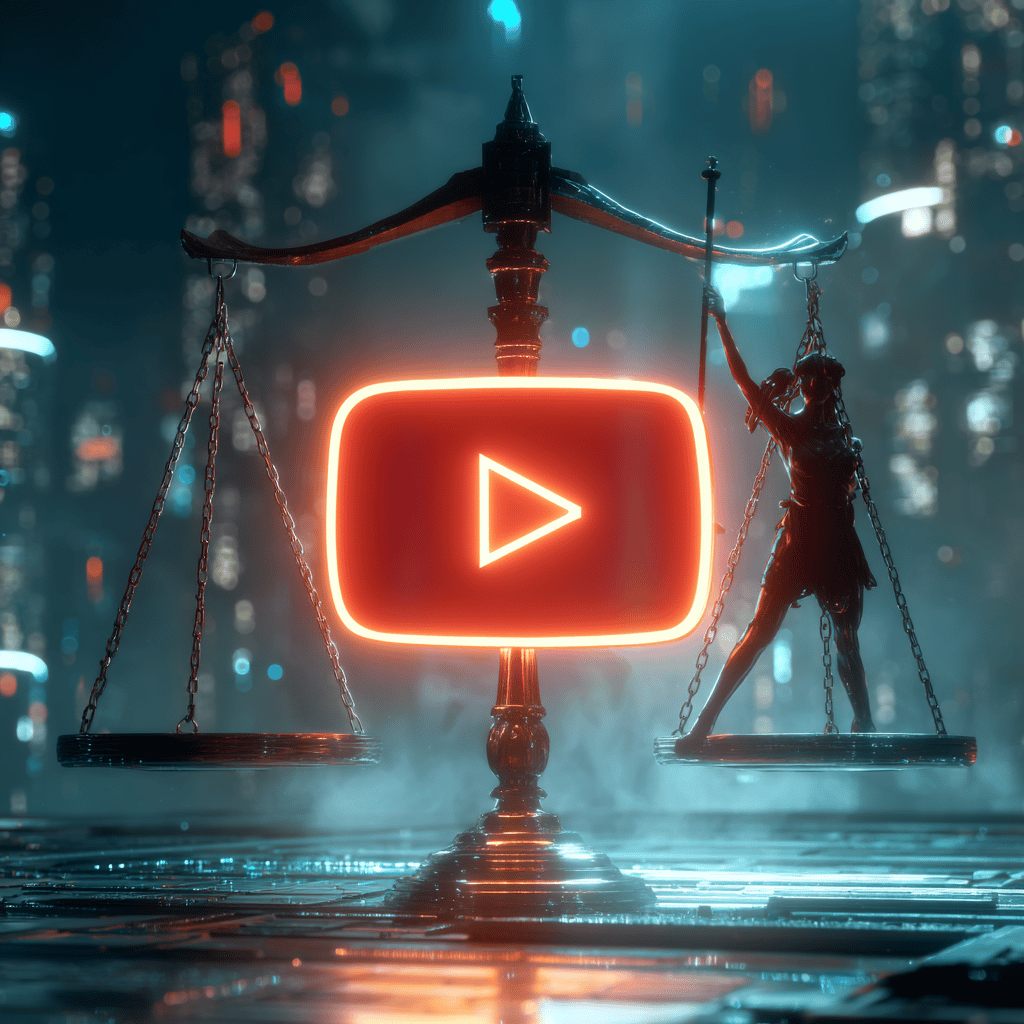Critics of both major technology corporations and former President Donald Trump are maintaining a heightened state of concern as negotiations appear to be quietly unfolding between the legal representatives of Google and Trump. These interactions, which observers interpret as preliminary settlement discussions, stem directly from Trump’s lawsuit that challenges YouTube’s decision to permanently suspend his account following the violent events that occurred on January 6th at the United States Capitol. According to a recent filing in federal court, attorneys for both parties jointly informed the presiding judge that they are actively continuing what were described as “productive discussions regarding potential next steps.” While the precise contours of such conversations remain confidential, the statement noted that further exchanges between the two sides are expected in the near future, suggesting that the matter may soon progress toward resolution rather than extended litigation.
Trump, it should be noted, also initiated similar lawsuits against Facebook—now operating under the parent company name Meta—as well as Twitter, following their own decisions to suspend or permanently ban his accounts in the aftermath of January 6. Significantly, Meta recently agreed to a $25 million settlement to conclude its own dispute, a development that has amplified speculation among policymakers and political commentators that Google may ultimately adopt a comparable approach. Democratic Senator Elizabeth Warren of Massachusetts has gone so far as to publicly caution that Google might very well be next in line to follow Meta’s precedent, thereby raising concerns about the larger implications for accountability and corporate conduct when dealing with powerful political figures.
At the same time, Google finds itself entangled in a far broader and more complex web of legal and regulatory challenges that extend far beyond its confrontation with Trump. The company is currently battling the repercussions of two major antitrust lawsuits brought by the United States Department of Justice, cases in which judges have already ruled against Google on core issues of competition. The courts are now deliberating on what corrective measures should be imposed to address Google’s dominance in both online search and digital advertising markets. Among the remedies under active consideration is the extraordinary possibility of requiring the company to divest its Chrome browser, a forced separation that would represent one of the most sweeping penalties in contemporary antitrust enforcement.
Overlaying these legal developments is a climate of uncertainty within the DOJ’s Antitrust Division itself. Reports of internal turmoil and administrative disarray have unsettled former enforcement officials, some of whom now openly express fears that the division’s ability to carry out its mandate has been compromised. They worry that the agency may be increasingly vulnerable to improper influence exerted by powerful corporate interests, thereby undercutting public trust in the impartiality of its decision-making processes. Senator Warren, who has long been a vocal critic of both the concentration of power in the technology sector and what she characterizes as the authoritarian tendencies of Trump, has warned that this situation illustrates yet another example of how massive corporations may be effectively enabling or reinforcing Trump’s political strategy. Her warning underscores the deeper political stakes of the ongoing negotiations, suggesting that the outcome of Trump’s lawsuit with Google could reverberate far beyond the courtroom—potentially shaping the future dynamics of free speech regulation, corporate accountability, and the balance between democracy and concentrated private power in the digital era.
Sourse: https://www.theverge.com/news/769285/google-trump-youtube-ban-january-6th-lawsuit



